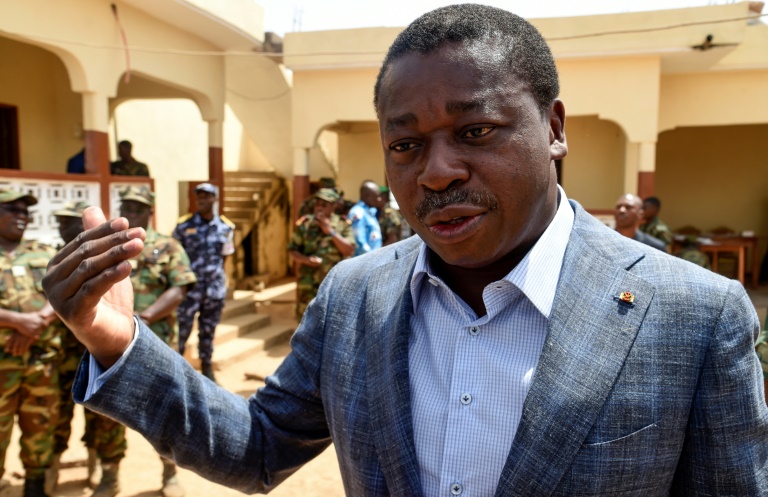Togolese lawmakers recently approved a new constitution that transitions the country from a presidential system to a parliamentary system, granting parliament the authority to elect the president for a single six-year term. This change means that the public will no longer directly elect the president, a departure from the current system where the president can serve two five-year terms. The amendment was proposed by a group of lawmakers primarily from the ruling party, the Union for the Republic (UNIR), and was almost unanimously supported, with 89 votes in favor, one against, and one abstention.
The opposition in Togo, which boycotted the last legislative elections in 2018 citing irregularities in the electoral process, is poorly represented in the national assembly. The new constitution also introduces the position of “president of the council of ministers,” who will have full authority and power to manage the government’s affairs. This individual will be the leader of the party or coalition with the majority following legislative elections and will serve a six-year term. This change effectively diminishes the powers of the head of state, with the president of the council of ministers taking on a more prominent role in representing Togo internationally and overseeing day-to-day governance.
Togo’s new constitution paves the way for the country’s transition to its fifth republic, with the last significant constitutional revision occurring in 1992. The alterations come shortly before the upcoming legislative elections scheduled for April 20, which will coincide with regional elections and will see participation from the opposition. In 2019, lawmakers had amended the constitution to limit presidential terms to two; however, this change did not apply retroactively, allowing President Faure Gnassingbe, who has been in power since 2005, to stand for two more elections. Gnassingbe succeeded his father, General Gnassingbe Eyadema, who took control of Togo through a coup over 50 years ago.
The move to transition Togo to a parliamentary system represents a significant shift in the country’s government structure, with the president now being elected by lawmakers instead of the general public. This change, along with the establishment of the president of the council of ministers position, aims to redistribute power within the government and enhance accountability in decision-making processes. The introduction of the new constitution just ahead of the legislative elections reflects a critical moment in Togo’s political landscape and signals a potential shift towards a more collaborative and parliamentary governance framework. The upcoming elections will test the effectiveness of these constitutional changes and determine the future direction of the country’s leadership and governance dynamics.













